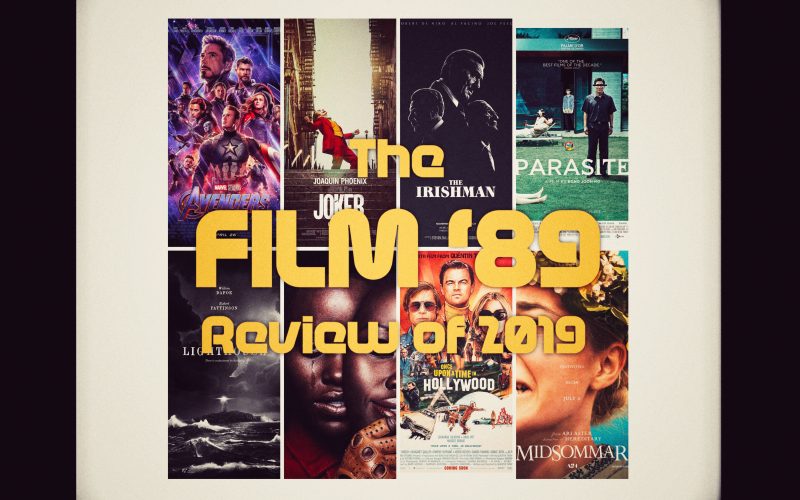The Film 89′ Year in Review 2019 – Part 5, Haydn.
Professionally, personally and creatively, 2019 has been a roller coaster ride for me and it has at times regrettably lead to some inconsistency in my contribution to the website that we behind the scenes have all grown to love. And yet we all acknowledge as a collective that life can sometimes get in the way, and the support we all have for each other is a part of why I believe we’ve experienced a lot of the success we have in our relatively short time on the web. As I continue my pursuit of becoming a comic book writer and look to 2020 as my return to university (shivers), Film ’89 will remain a cornerstone of my life and a place I can go to share my love of cinema and story with other like-minded writers.
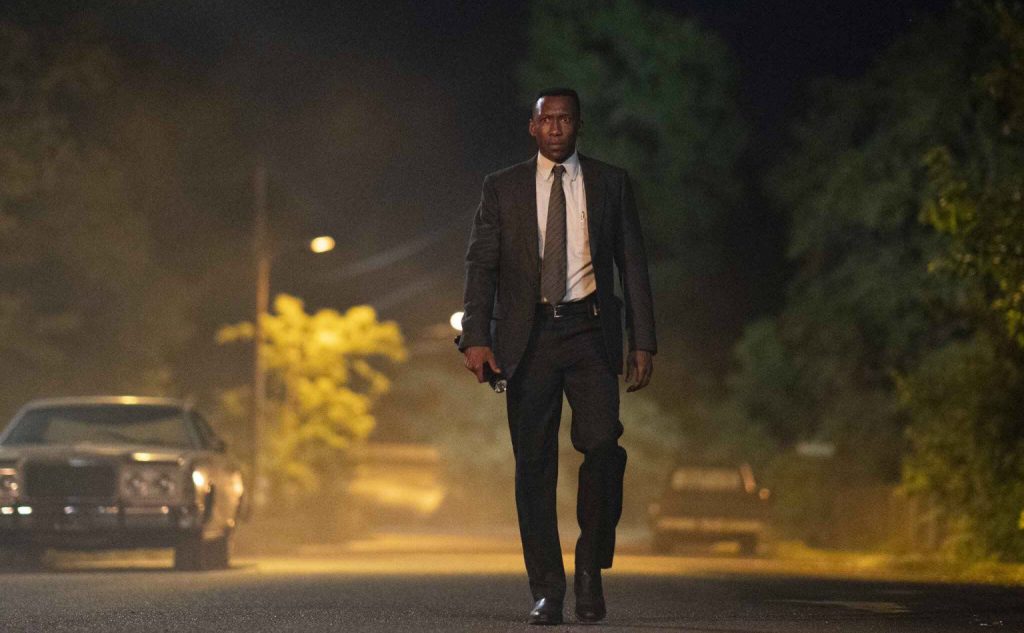
My television viewing has been askew all year, so I have little to offer in terms of my highlights for 2019. True Detective Season 3 was something of a return to form although the clear attempt to recapture the same magic of its first season (which might be my favourite season of television of all time) did more harm than good and I’m not sure that a continuation is necessary. Chernobyl was a deeply unsettling experience from start to finish, the kind of visceral entertainment that shook me to the core and hypnotised me with its haunting exploration of man-inflicted mayhem.
As for film, I’ll be taking a leaf out of Skye’s book and listing my favourite films of the year in alphabetical order. In some cases, I’ll be repeating sentiments that I shared in original reviews if I covered them on the site. I can’t claim to have seen every film this year, or even to have come close, but the ones below have stood out as highlights of my cinema-going experience in 2019.
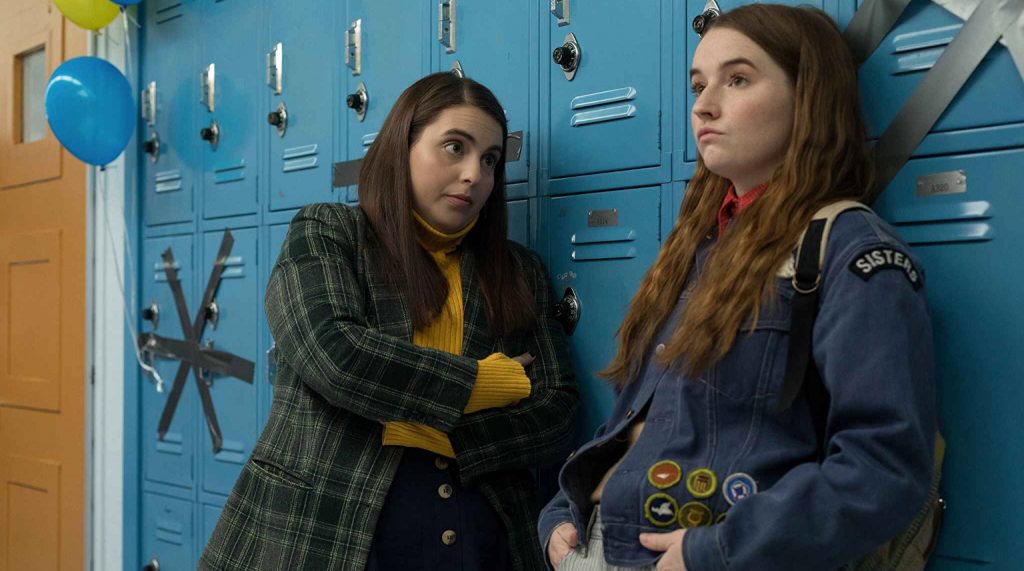
Booksmart – A coming-of-age comedy with more heart, humour, and structural integrity than is usually the case, Booksmart took its quirky leads through a night of unconventional partying as they tried to make up for years of social neglect in their attempt to achieve their college aspirations. There’s something particularly moving about witnessing Molly and in particular, Amy as they traverse shakily through a chain of events so alien to them that it threatens to break the bond the two had shared for so long up to that point. The film captures that end-of-the-world existential dread of high school life and the quasi enormity of social disaster to ultimately end on a high that’s more than deserved.
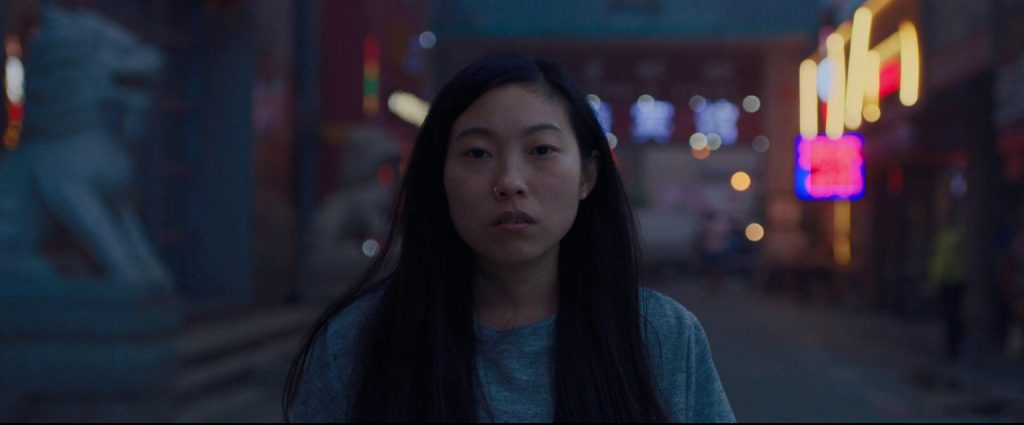
The Farewell – Lu Lu Wang’s exploration of the immigrant experience from the perspective of a Chinese girl growing up in America and returning home for the last time she’ll ever see her grandmother (knowledge to all except grandma herself) is a heartwarming and hilarious film with an honesty and authenticity that imbues it with endless charm. Awkwafina is an alluring presence on the screen, her character a mix of youthful expressionism and worldly intelligence that’s at odds with her native family’s way of life.
It’s the kind of story that needs to be told in fresh new ways, and seeing a family divided by oceans come together to rally behind the woman who acts as its connective tissue is intimate and alluring by design. Wang pulls it off though with a nuanced brand of humour and a confidence in her performers that makes the whole thing seem naturally effortless. It’s a series of snapshots capturing the very real experiences shared by immigrants the world over, with enough warmth to pierce even the coldest of hearts.
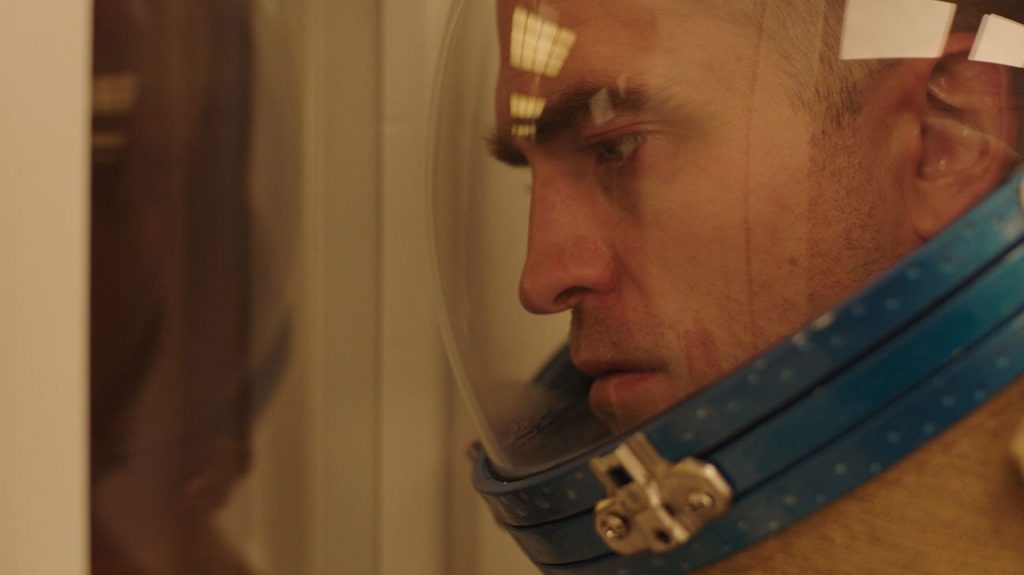
High Life – While it reached the festival circuit in 2018, Claire Denis’ entry into the realm of science fiction was a late release here in Australia but this is certainly a case of better late than never. I’m not sure how I can describe my feelings toward a film that resonated so extensively with me better than in the conclusion to my review earlier in the year;
High Life is a hypnotic, all-consuming beast, a tale about a group of people who do not belong together, nor do they belong in space, in a script that tries to make sense of humanity when its members are sucked into a vacuum. It may prove to be this year’s most engrossing, provocative science fiction film. Its slow first and third acts result in a searingly resonant midsection, and as a whole the film gives birth to something imaginative, seductive and, least of all, unforgettable.
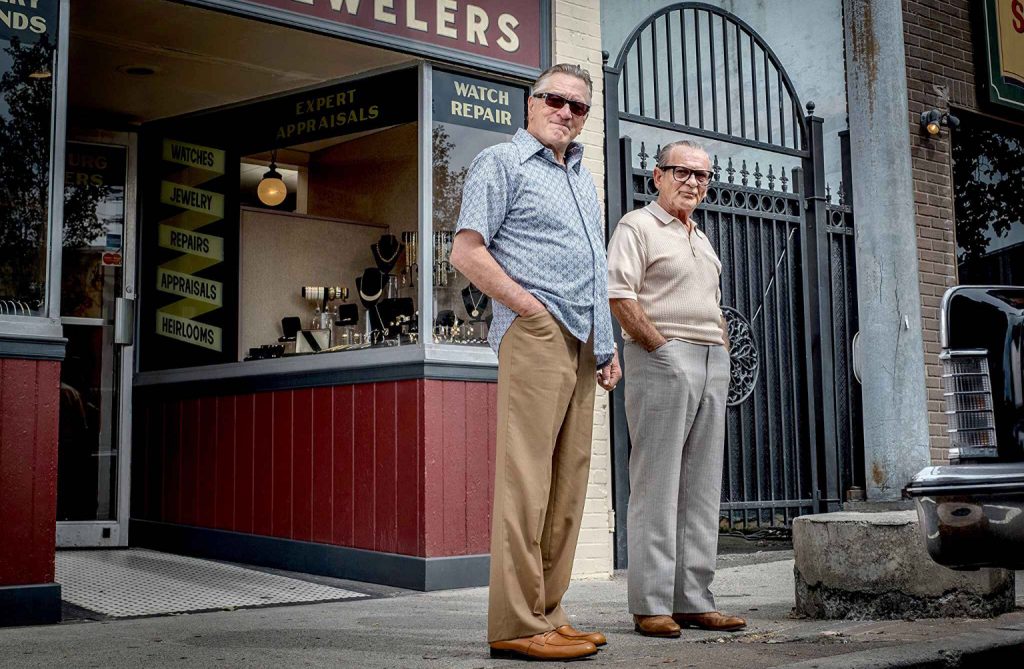
The Irishman – Martin Scorcese stirred up plenty of social media discourse during 2019 but he’s proved that Cancel Culture has its limitations. The Irishman is a three-and-a-half-hour epic that simmers like boiling water until it bubbles ferociously toward its finale. It earns its run-time and it’s rather long third act as the heat turns down and we reflect on a life wasted. Minor technical shortcomings aside, seeing such a powerhouse cast come together is a delight that needs to be treasured. We’ll likely never see a film of its kind, with names as revered as Robert De Niro, Al Pacino, and Joe Pesci sharing the screen, ever again.
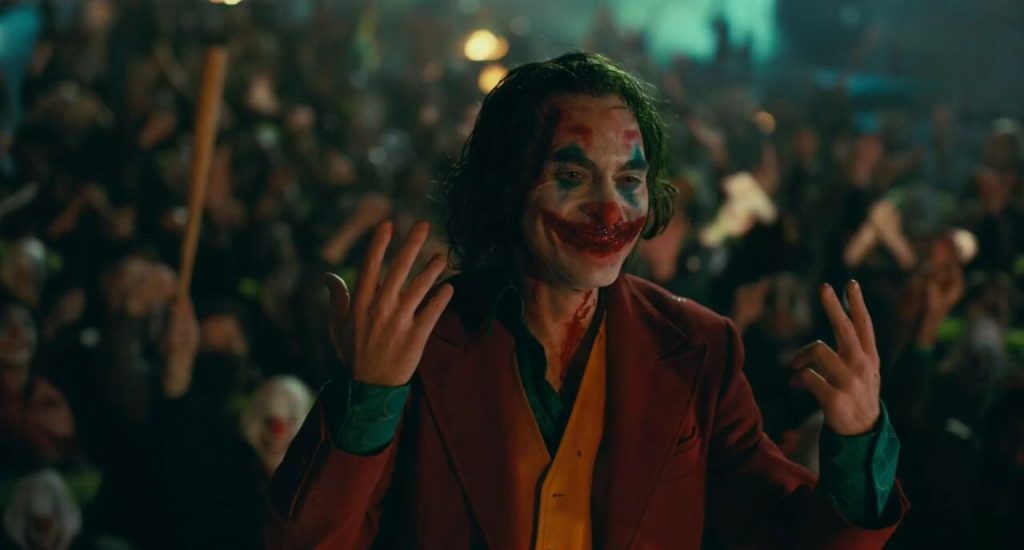
Joker – This was something else. It stands as one of cinema’s social media standouts to come from 2019, met with the kind of ugly tug of war we see at least a handful of times a year from major releases. Joker is a cynical, morbid tale about the descent of a man who was not well to begin with. If nothing else, it sparked plenty of discourse about its subject matter, and its on-the-nose implication that society failed this man and is ultimately to blame.
I think that argument misses the point, and turns the character of Arthur into a heroic and tragic figure. But his antics on live television aren’t meant to feel triumphant, nor is his rise atop the police car supposed to feel inspiring. I came out of the theatre feeling a wave of uneasiness that hasn’t been matched this year, and the performance of Joaquin Phoenix alone deserves to be recognised as we look at 2019 as a whole.

Midsommar – From one extreme to the next; if Joker is a comic book movie with a miserable view of the world and a hypnotic cynicism to boot, Midsommar is that rare horror story that feels like everybody gets what they deserve and the protagonist wins herself a happy ending. Taking place in broad daylight, Ari Aster’s follow-up to Hereditary is very much a companion piece, and acts as a break-up story that shines its light brightly on the toxic behaviour of its young characters. Dani’s emotional upheaval is not rejected like it is back home, but accepted and honoured in the cult-like commune. Horror is often at its best when it takes real people and real situations and uses these manufactured scenarios as foils for internal turmoil.
Its secondary themes of life, death, and everything in between are supported by often unexpected beauty and sudden, crafty bursts of horror. Just as its most shocking moments are elevated by our sharing in Dani’s own futility, we are able to revel in her rare victories just as equally. Because of all of that, Midsommar closes its own circle. Breakups are hard. Relationships can be harder. Sometimes things need to get a little crazy for us to finally find clarity.
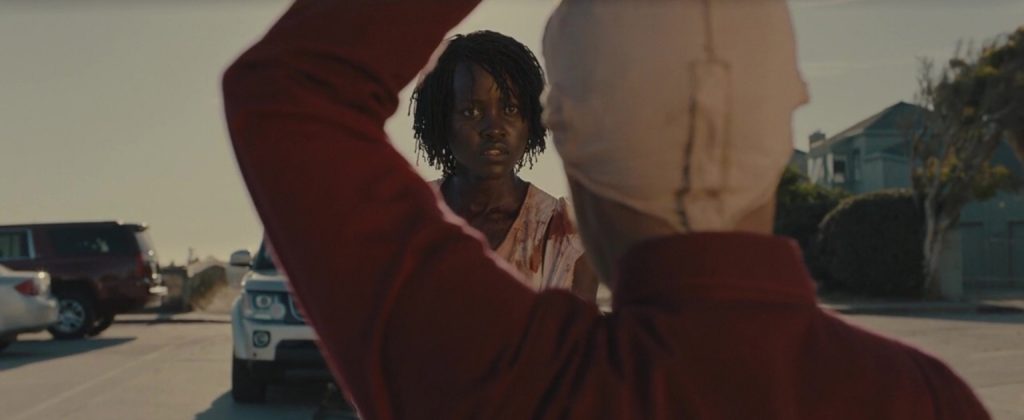
Us – It was a pretty good year for horror. Jordan Peele’s Us may be far from a perfect film, and certainly its narrative could have used some polish particularly toward the end, but it features some of the year’s best sequences of horror/sci-fi. The deadly dance toward the end is a brilliantly edited climactic battle, and the initial confrontation between the lead family and their doppelgangers is suitably spooky. I might have stepped a toe into hyperbole when I wrote initially about the film, but Us is certainly a film worth revisiting many months after it hit screens.
There’s thematic resonance at play here that may only really take hold hours after leaving the theater. What does it really mean to stare in the mirror and not like what’s looking back at us? And how do those that don’t have what we have really live on the other side of the line, whether that line marks the divide between poverty, race, privilege and so on? One thing is conclusive, and it’s that Peele has once again crafted a modern day ghost story that’s unwilling to cut the cord and untether its viewer from the screen. There’s no other option but to remain fixated on what’s unfolding, trusting that when the cord is finally cut and the credits roll, you’re going to want to grab onto it and become transfixed all over again.
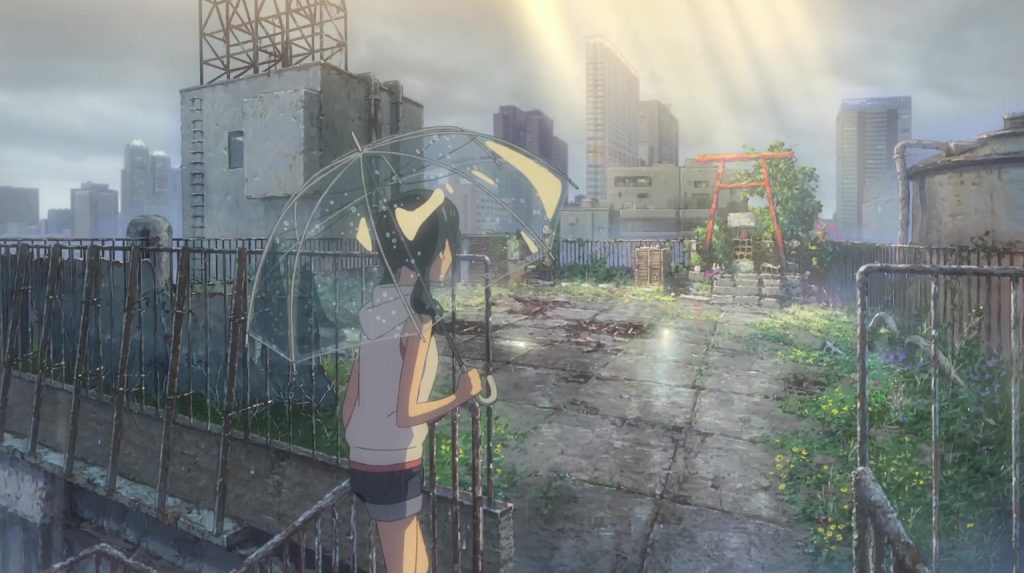
Weathering with You – Considering that much of my output for Film ’89 in the latter part of the year has focused on the animated works that have graced us in the English-speaking side of the world over the years, it only makes sense that a new release out of Japan make an appearance here. I wrote extensively about Makoto Shinkai’s Weathering with You, which had its Japanese language limited release in Australia earlier this year, and how it shares a concerning number of similarities to his previous masterwork, Your Name. And while Weathering with You suffers from being far too similar, and ultimately inferior to that earlier work, it is still a magical, visually mesmerising, and narratively fulfilling journey into the lives of two young people stumbling through life in Tokyo and features the single best looking Big Mac to ever appear on any screen ever.
On both films… [they] are both romantic fantasies. They’re intricate love stories first and foremost with unique concepts tied to religion and spirituality set mostly within a present day Tokyo with environmentally-conscious themes tying into the state of the city. Both are as heartbreaking as they are funny and as awe-inspiring as they are emotionally affecting.
My appreciation of my colleagues at Film ’89 can never be overstated, and that extends to everybody who takes the time to read the articles that I put out into the world. It’s a privilege and a pleasure and I can’t wait to see what’s in store for us all in 2020.

